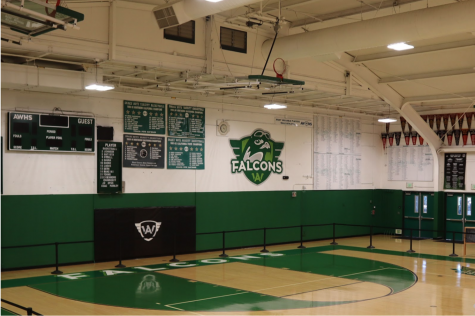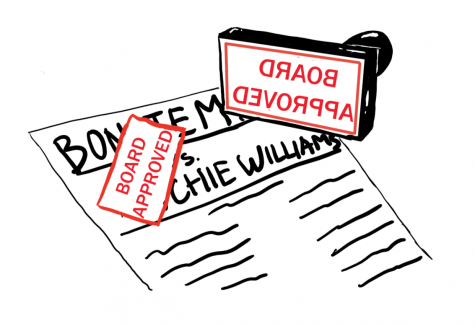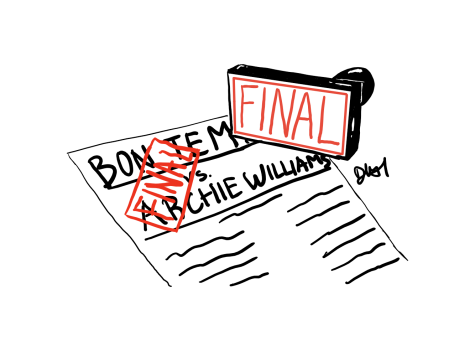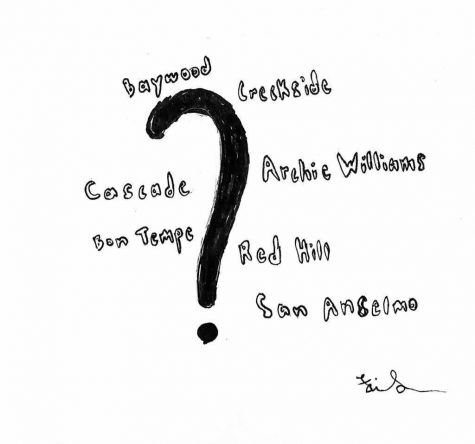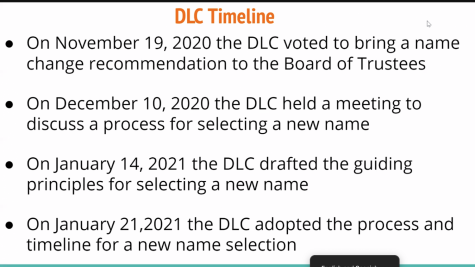New recycling initiative suffers from lack of awareness
As the severity of global warming rises, national concern has been drawn to the effectiveness of the US recycling systems. Composting and conscious recycling are more important now than ever. An alliance of administrators and students are currently tackling the issue at this school.
According to Assistant Principal Chad Stuart, the school still has room to grow. “I have noticed increased recycling and composting so far this year from the student body because it’s easier. I have yet to see any campaign and education for our students on our composting and recycling, but do know that some students from Sea-Disc plan on doing that at some point,” said Stuart, who has advocated for an improved waste system for several years, but has been hesitant to implement changes on his own. “We could’ve done that years ago. We weren’t gonna do it unless we had committed students,” said Stuart.
This initiative includes the introduction of compost, which allows food waste to be reused, adding nutrients to the soil. In partnership with SEA-DISC (Studies of the Environment Academy – Drake Integrated Studies Curricula), the administration made sure that there was a compost bin in every corridor and in the Canteen, and no trash cans on their own, thus always offering the option to recycle.
“The more students that are trained on what to put where, how to recycle and how to compost, the more we can reduce our carbon footprint,” said Stuart when asked what the school administration hopes to improve.
Many elementary schools taught the “three Rs” (reduce, reuse, and recycle). However, students still but everything in recycling bins and hope that it gets sorted. This phenomenon was dubbed ‘wish-cycling’ by Keefe Harrison, CEO of The Recycling Partnership. “I’m not 100% on what to throw away and what to recycle,” said senior Kyle O’Heidhin. In reality, improperly sorting trash can result in contamination of the waste, which will ruin the contents of the entire bin.
SEA-DISC has addressed the issue of “wish-cycling” by posting signs and pictures above trash, recycling, and compost bins to show which items should go in each can, along with talking with underclassmen. Students are also producing a Pirate Television segment (PTV) that will go into greater depth about the topic later this year, said Iona Normandi, a senior in SEA-DISC. Despite these efforts, many students are still in the dark unless they are part of SEA-DISC or another environmental science class. “I didn’t know there was a new waste system on campus,” said senior Marina Alicke. Stuart attributes this to a lack of education and awareness efforts.
“Drake has a really good recycling system; the majority of people know what to recycle, they just don’t know what to compost, and that is the problem,” said Iona Normandi, a senior in SEA-DISC.
Stuart, in reflecting upon how students can make a difference, said, “If you really want sustainability, people need to think about composting. […] We need students to start to identify what can be composted, and what can be recycled.”


